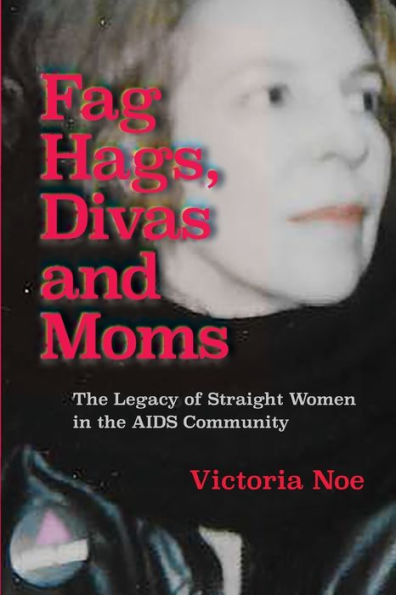Warning: Grief Anniversary Ahead

This time it wasn’t Facebook Memories that reminded me. It was my friend, Ken.
A year ago, the world was experiencing a devastating and profound change. Our way of life was about to be altered in ways no one could have predicted. A year ago today, I arrived in New York City for the beginning of a four-week East Coast trip. I had book signings scheduled in several cities. I had an advocacy conference to attend in Washington. I had lunch and dinner dates set with friends, along with book-related meetings to discuss future events.
When I left Chicago, I told my husband I wasn’t sure when I would be back. It depended on how serious all of this turned out to be. My trip lasted only six days. And though I ate indoors in NYC several times, when I got back I refused to eat inside a restaurant. In fact, I’ve only done that once in the past year. The anxiety I felt in that almost deserted restaurant wasn’t worth it.
Conventional wisdom tells us that the first year after someone dies is the hardest. That’s somewhat true because you’re adjusting to life without someone you love. But you don’t wake up the morning after that first anniversary suddenly feeling great. If anything, you might feel worse. The activities that consumed your life that first year - not just the funeral, but taxes, legal and financial issues - have mostly been completed. Now your grief may feel worse because you no longer have those distractions. You feel alone and unsure about your next step.
Time has felt distorted for many of us this past year. So the grief we’re beginning to feel now may be hard to understand at first. “It’s been a year?” It may feel like a week. It may feel like ten years. But grief anniversaries happen, whether we’re prepared or not, as Ken warned.
You may find yourself reminiscing about the last time you worked in your office, the last time you ate in a restaurant, the last time you got on a plane. The last time you hugged someone you loved, the last time you heard their voice, the last time you weren’t scared about the future.
The whole world is grieving for the loss of life, of financial stability, of physical contact, of the trust and certainties that made us feel safe. Some of these losses are permanent. Most will take a long time to resolve, and even then, will not be the same. So where does that leave us?
Grieving. And that’s okay.
It’s important to acknowledge our losses, in all their variations. I’m not telling you to get over it. I’d never say that. What I will say is that those losses are now part of you. Maybe there’s something to learn from them. If there is - and I only say this because I’ve seen so much of it - it’s a deeper appreciation of the world around us, especially the little things.
Who knew how grateful I’d feel for Zoom meetings, that enabled me to see and hear friends and family? Who knew how grateful I’d be to get a vaccine to help protect me from this virus? Who knew how grateful I’d be to tell people how much I care about them - and hear how much they care about me, too?
So now those annoying Facebook Memories are popping up, reminding us of how sadly normal our lives were...until they weren’t. Soon, those memories will be announcements of the deaths of people we admired from afar, as well as friends, coworkers, relatives. Truthfully, we don’t need reminders because we’re still grieving. It’s a grief that is infuriating, because the whole process of grieving has been upended by this pandemic. Yesterday I learned of the death of the mother of one of my oldest and dearest friends. And part of my grief is that I cannot honor her mother the way she was able to honor mine three years ago: in person, in public, with hugs and intimate moments. Our ability to express grief and support feels inadequate, to put it mildly.
In the darkest days of the AIDS epidemic, funeral homes refused to handle the bodies, churches refused to conduct traditional funerals, families often excluded friends from attending services. So we found new ways to grieve: memorial services that often doubled as parties, balloon releases, a quilt with 48,000 panels.
Will there be a COVID quilt? Is it possible with over 500,000 deaths? I don’t know. But I do know we all need to find ways to grieve those we’ve lost, in ways that are meaningful to those left behind.
And we will.

